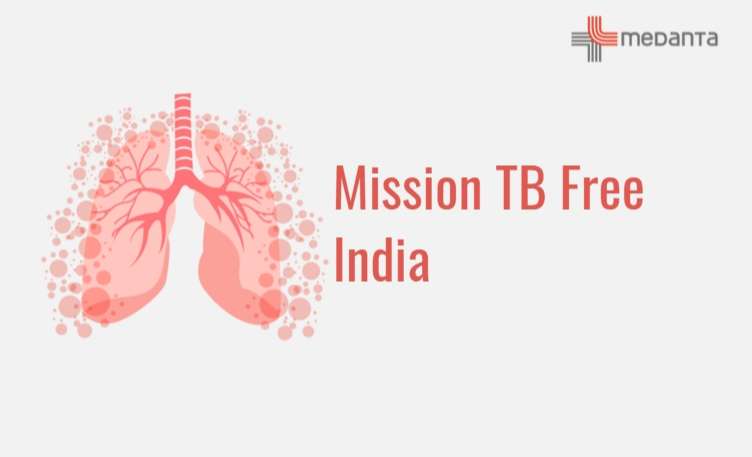Kashmir witnesses decline in TB cases as testing, screening increased
AI solutions in TB shortly: Official
Post by M Peerzada on Thursday, November 30, 2023

Srinagar, Nov 29: Kashmir has witnessed a decline in tuberculosis cases over the past three years as the testing and screening has been increased.
According to data provided by the Health Department Kashmir, there were 3,439 cases in 2021, 3,396 cases in 2022, and 2,767 cases have been reported this year to date. Likewise, according to official figures, the total number of presumptive examinations conducted was 95,290 in 2021, 97,647 in 2022, and 237,219 in 2023.
State TB Officer, Dr Adfar Qadri said that over the years the screening and testing for TB have been increased. She said active case finding and intensified case finding have also increased.
The new initiative of differentiated TB Care has been incorporated which facilitates greater care for high-risk patients so as to reduce morbidity and mortality. “Now we are going for AI solutions in TB shortly. Training has been conducted for the same,” she said.
Pertinently, Budgam, Anantnag, Kulgam, Pulwama and Shopian are already TB-free. Kupwara and Srinagar have achieved Gold while Baramulla and Bandipora districts have bagged Bronze. Earlier, the UT of J&K also received Bronze status.
The State TB Officer said TB incidence is declining and Kashmir will achieve TB elimination by 2025 as intensified and active case finding and case screening is going.
The highly infectious disease continues to remain one of the major health concerns in the valley. However, over the years, cases have declined.
Dr Adfar said the directorate has started treatment of Latent TB Infection and they are working to identify contacts of infected patients. “We are providing preventive treatment to contacts that can further limit the spread of disease,” she said, adding, "We have taken several measures over the years to develop infrastructure and employ manpower for the early detection and effective treatment of the disease."
The Health Ministry has set a target of reducing the incidence of new TB cases by 80% to end TB by 2025 while efforts towards TB elimination vary across States/Districts.
In India, the Revised National TB Control Program (RNTCP) provides free TB treatment at all govt. medical facilities through the Directly Observed Treatment Short course Strategy (DOTS) system, recommended by the World Health Organisation.
Under this system, a patient is given an identification card that tracks their site of infection, severity and treatment course and adds them to a national database.